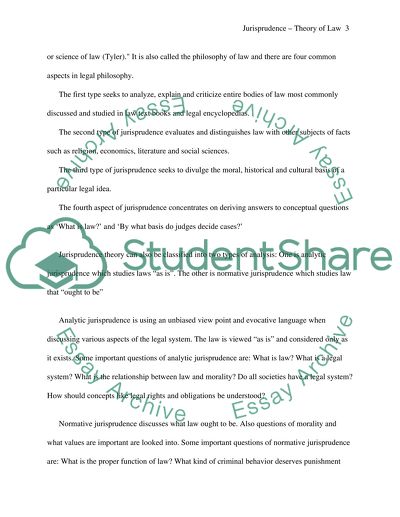Cite this document
(“The Republic of Zakville (Jurisprudence) Case Study”, n.d.)
The Republic of Zakville (Jurisprudence) Case Study. Retrieved from https://studentshare.org/law/1513798-the-republic-of-zakville-jurisprudence
The Republic of Zakville (Jurisprudence) Case Study. Retrieved from https://studentshare.org/law/1513798-the-republic-of-zakville-jurisprudence
(The Republic of Zakville (Jurisprudence) Case Study)
The Republic of Zakville (Jurisprudence) Case Study. https://studentshare.org/law/1513798-the-republic-of-zakville-jurisprudence.
The Republic of Zakville (Jurisprudence) Case Study. https://studentshare.org/law/1513798-the-republic-of-zakville-jurisprudence.
“The Republic of Zakville (Jurisprudence) Case Study”, n.d. https://studentshare.org/law/1513798-the-republic-of-zakville-jurisprudence.


